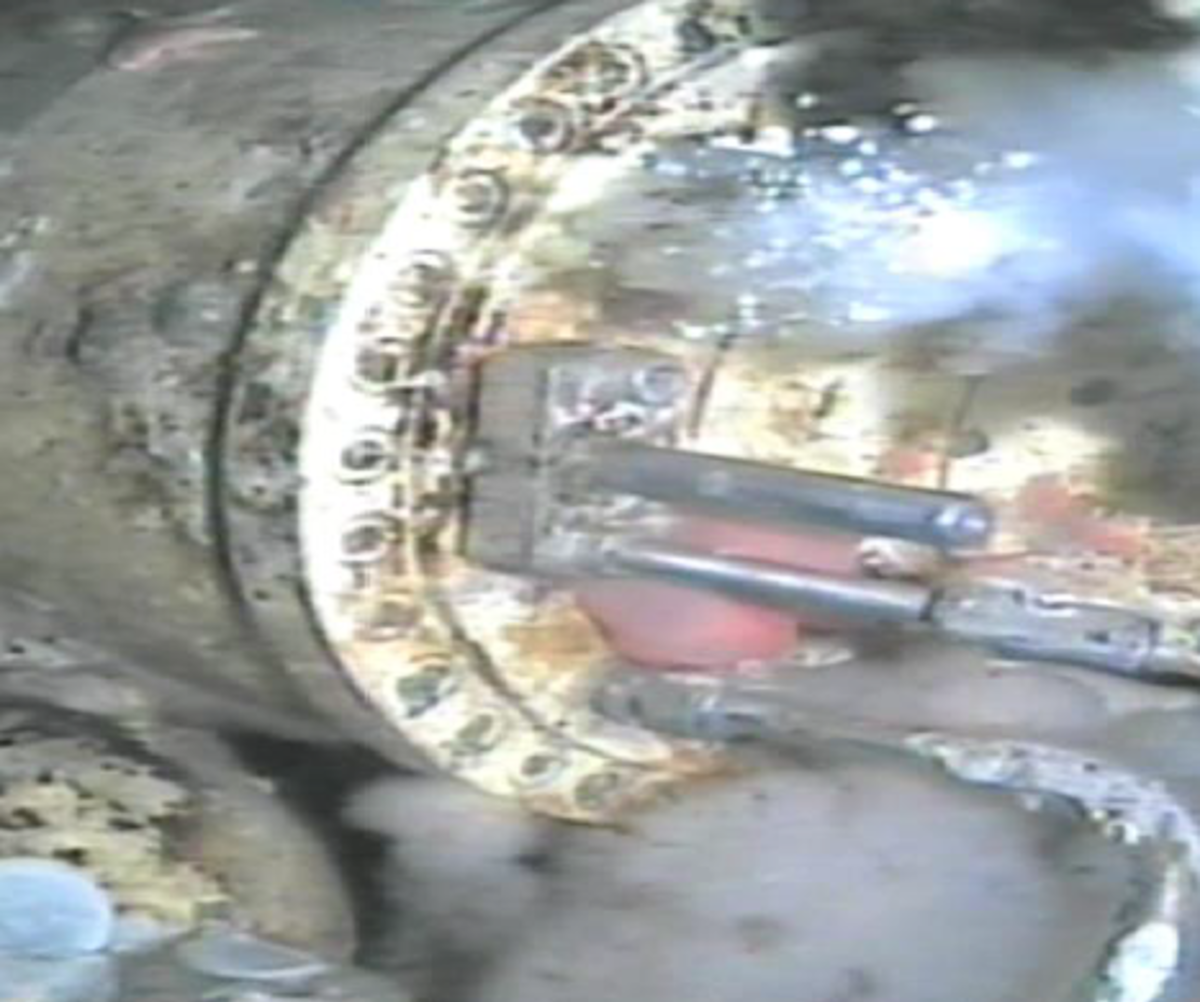Failure to report hydraulic leak subsea
- Safety Flash
- Published on 4 December 2016
- Generated on 10 February 2026
- IMCA SF 33/16
- 2 minute read
Jump to:
A member has reported an incident in which crew failed to appropriately report a hydraulic leak subsea.
What happened?
The intent of this report is to highlight key learnings from that failure and to understand the reasons why the incident had not been reported at the time of occurrence.

The incident occurred during subsea operations which involved divers monitoring a manifold valve. A hydraulic release occurred when a valve was operated by the client FPSO. This leak was not detailed on the Dive Log or as an anomaly within the Management of Change (MoC) step of the operation. It was not reported to the Offshore Management Team nor to the client representative on board at the time. The client became aware of the leak some four months later following a review of as-built video footage, and onshore project management were notified of the incident. In the regulatory framework within which the vessel was operating, it is a requirement that any such releases to sea are reported by the client within 6 hours of such an event occurring.
No personnel were harmed or equipment damage sustained; however, an unknown volume of fluid was discharged to the environment which was not reported at the time of the incident.
Our member noted the following:
- The requirement to report all subsea leaks was not followed. Personnel were not familiar with company procedures in place to ensure compliance with local regulations.
- Project process to manage implementation of client site instructions for additional works were not clearly defined.
The following lessons were learnt:
- Ensure that pollution reporting process requirements are understood by all key personnel both onshore and offshore.
- Dive Plans should clearly reflect requirement to notify both client, master and project engineer of any discharge observed from subsea infrastructure.
Related Safety Flashes
-
IMCA SF 16/14
3 October 2014
IMCA Safety Flashes summarise key safety matters and incidents, allowing lessons to be more easily learnt for the benefit of the entire offshore industry.
The effectiveness of the IMCA Safety Flash system depends on the industry sharing information and so avoiding repeat incidents. Incidents are classified according to IOGP's Life Saving Rules.
All information is anonymised or sanitised, as appropriate, and warnings for graphic content included where possible.
IMCA makes every effort to ensure both the accuracy and reliability of the information shared, but is not be liable for any guidance and/or recommendation and/or statement herein contained.
The information contained in this document does not fulfil or replace any individual's or Member's legal, regulatory or other duties or obligations in respect of their operations. Individuals and Members remain solely responsible for the safe, lawful and proper conduct of their operations.
Share your safety incidents with IMCA online. Sign-up to receive Safety Flashes straight to your email.